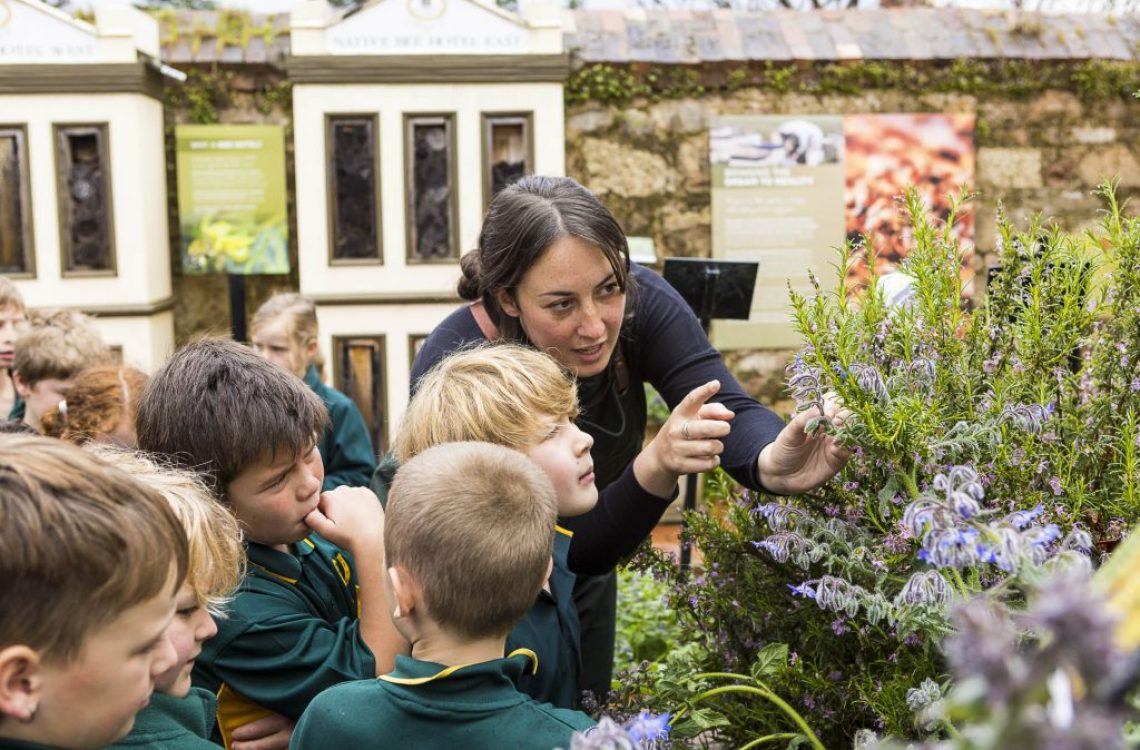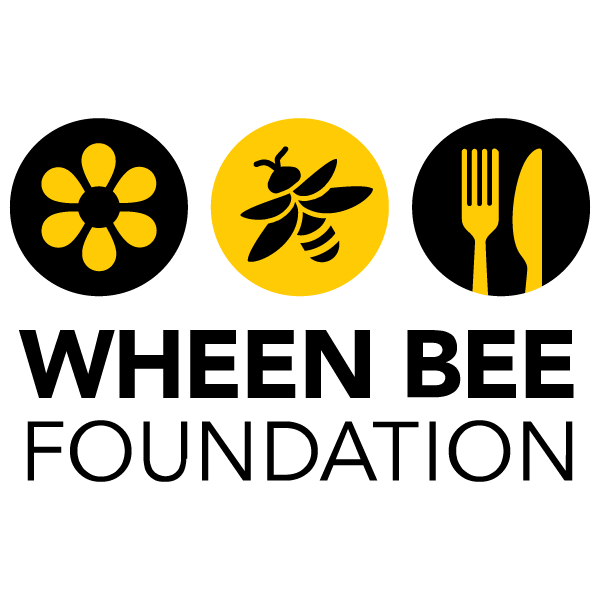News & Media

Reconnecting kids with food systems
- August 14, 2023
- | News & Media
One of the teachers at Bee School by Beechworth Honey in North East Victoria, Amelia wants to encourage children to interact with their environment and their food and be more “conscious in their decisions about food”.
“Kids these days seem to be disconnected from what they’re eating” Amelia says. “There’s so much involved – food miles, the impact of imported food, pollinators.”
Earlier this year, Bee School by Beechworth Honey teamed up with the Wheen Bee Foundation to create the Centre for Bee Education, a new national online learning hub for science-based information about bees and other pollinators.
The Centre has a range of resources, Learning Kits and lesson plans all created by teachers who have been teaching kids about bees for years at Bee School by Beechworth Honey.
“Having an online hub makes what we do at Bee School at Beechworth accessible to people further away from us – it makes it a truly nation-wide program.”
Amelia’s passion for bees and food systems stems back to her early days as a child.
“I grew up in nature on a beef farm in Gippsland and have always been into food and where food comes from.”
Her first degree was in Sport Science at Deakin University in Geelong, majoring in Nutrition, and her career path since then has been a holistic connection combining the many elements of her life – farm, food, bees and teaching.
Amelia worked as a primary school teacher in Geelong for five years until the covid pandemic hit and sent her travelling.
“In between lockdowns we set off in a caravan and ended up in Beechworth,” she says. She landed a job at Bee School and “everything else just fell into place”.
Amelia says the Bee School employs qualified teachers to create and deliver the programs at the school, trained professionals who “have the skillset to align bee programs with the curriculum”.
“For example, a topic in the Foundation Level for Science in the Victorian Curriculum is Living things have a variety of external features and live in different places where their basic needs, including food, water and shelter, are met. As part of our course, this easily links through to a great explanation using bees as the example.”
Amelia points out another example through the Year 3 topic: Different living things have different life cycles and depend on each other and the environment to survive.
“This is, of course, highly relevant to the bees of the world and is a great illustration of this concept.”
Amelia is pleased that the Centre for Bee Education can offer teachers access to experts in their field and their dynamic research through the Wheen Bee Foundation. Using their educational skills, the teachers can translate this technical information into a more suitable format for teachers and students.
“It’s all about engaging students at whatever level in bees and their vital work.”
For more information about the Centre for Bee Education, visit wheenbeefoundation.org.au/C4BE or beechworthhoney.com.au/bee-school
Share this post
The Latest Buzz newsletter
View our past newsletters and subscribe below.
Subscribe
Subscribe to our newsletter to keep informed about our important work. We’ll also keep you up-to-date with all the latest news, industry information and events.



